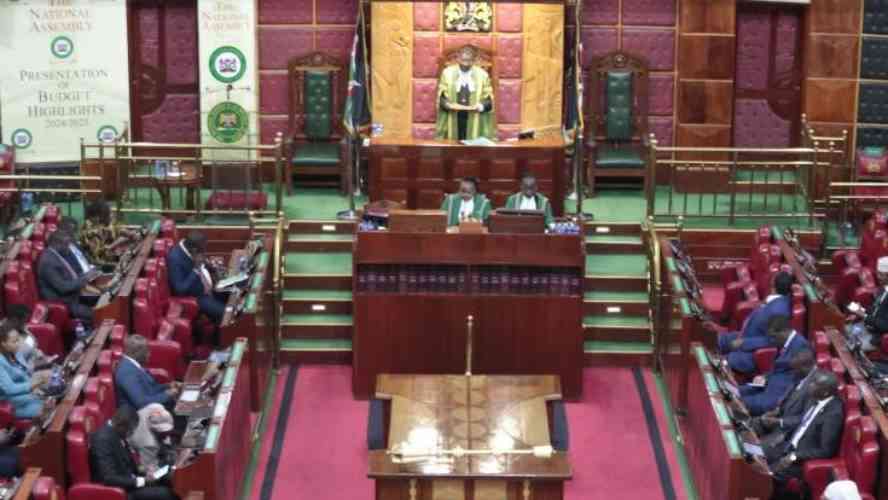×
The Standard e-Paper
Stay Informed, Even Offline

Since Thursday, Kenyans have taken to social media to voice their opposition to the Finance Bill 2024, using the hashtag #RespectMyHustle.
The online movement has seen citizens reach out to their MPs via calls and texts, urging them to reject the proposed legislation.